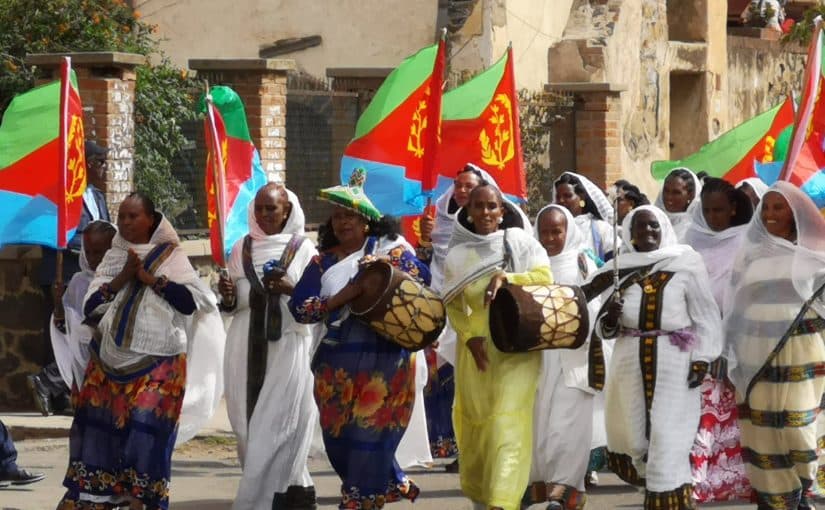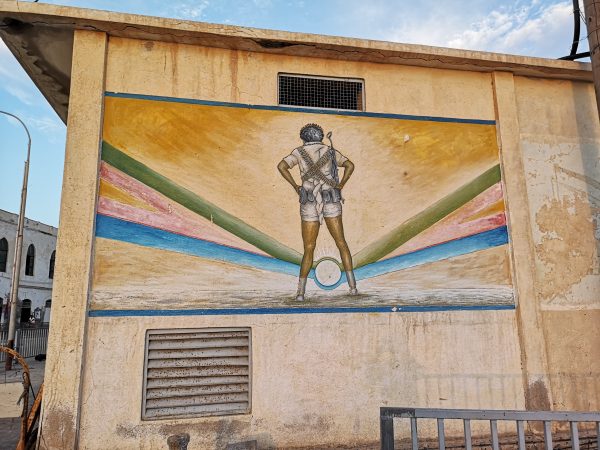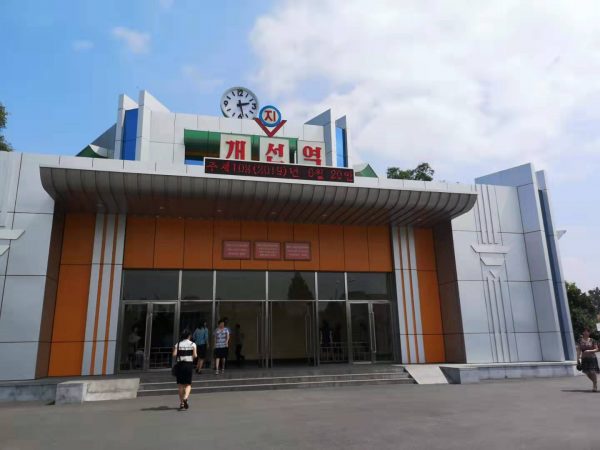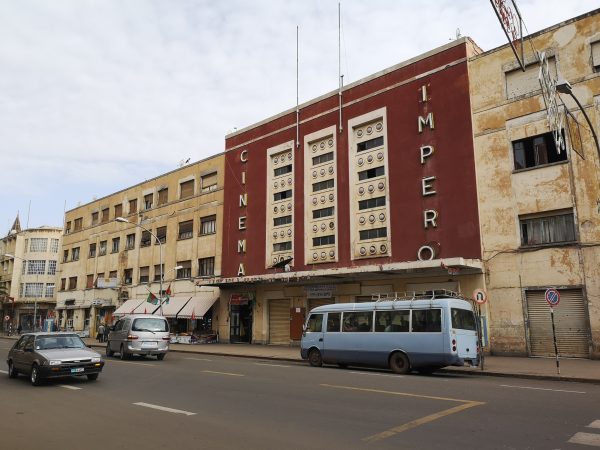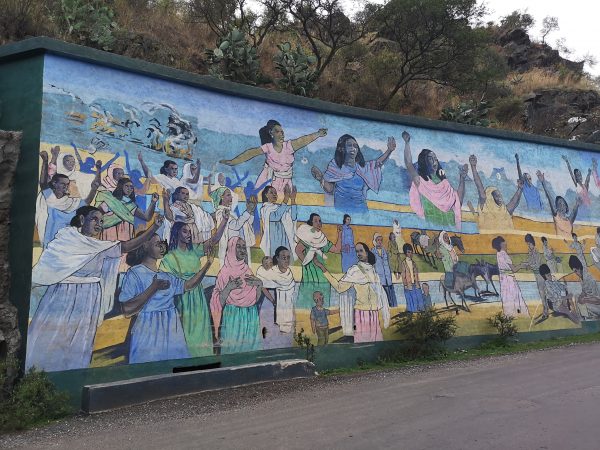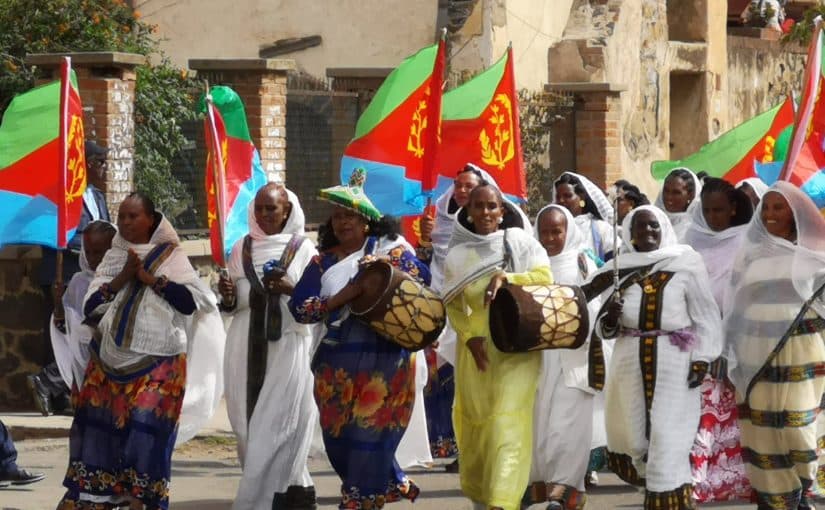
Is Eritrea truly the "North Korea of Africa?"
Within the travelling community, the “North Korea of Africa” is a moniker that we hear all too often. It is often used to describe either Equatorial Guinea or Eritrea. In this article, we’ll be giving our opinion about this moniker.
Why is it called the North Korea of Africa?
Generally, people call Eritrea the North Korea of Africa due to the massive weight the government carries in all affairs of the country. It might also be because it is very hard for Eritreans, like Koreans, to visit the rest of the world (although, in both cases, some do). Finally, it is also due to the fact that both the DPRK and Eritrea are isolated from the rest of the world and under severe sanctions.
Another thing that Eritrea and North Korea share for certain are their focuses on their respective armies. Both countries have some of the highest proportion of military personnel per capita and in the case of Eritrea, military service is compulsory and while it should technically last 18 months, many people are not relieved from their service for years. In Korea, like in Eritrea, however, soldiers are not only in charge of defence but also work on construction sites and many other fields of civil life.
We do not believe, however, that this moniker helps people picture Eritrea at all. Don’t get us wrong, we love both countries and would love to take you there, in fact, we do take you there!
What’s so different about them, then?
First, if we’re speaking from a tourist point of view, North Korea is actually much easier to get into than Eritrea. In fact, we take care of all of it when you join us on tour. As for Eritrea, the visa can be somewhat of a headache.
In the DPRK, it is compulsory to have Korean guides with you, these guides are in charge of making sure your stay is memorable, safe and does not raise any problems. You do not have this regulation in Eritrea. You can travel on your own in the country. However, you’ll need to get permits to leave Asmara, the capital.
The places you can visit in the DPRK are pre-approved, and while going with a tour company who’s been in the business for years will take you to places you might not have been able to visit on your own, don’t expect to rock up to any restaurant and order a sandwich. In Eritrea, you can definitely walk up to any place, order gelato or spaghetti.
The atmosphere of the two countries is also absolutely different. After the Korean War, most of Korea was left in ruin and had to be rebuilt, meaning all buildings in Pyongyang look quite modern and have their own, unique and futuristic Soviet feel to them. Good examples of that would be the new subway stations of Pyongyang or Mirae Future Scientist Street. Eritrea is, in comparison, an outdoor museum. Due to a very slow economy, most of the country hasn’t changed since the days of Italian colonisation and people still frequent shops, hotels and cinemas which haven’t changed since before World War II.
Both countries heavily rely on propaganda with the artwork in the DPRK being particularly masterfully executed with vivid paintings in the social realism style. The propaganda in Eritrea is more candid, with paintings which are much more colourful and not as realistic. In general, there seems to be much less propaganda in Eritrea than in North Korea.
Another aspect where Eritrea and North Korea are very different is the relationship between the
people and the leaders. While portraits of President Kim Il Sung, and General Kim Jong Il can be found everywhere in the DPRK, mentions and portraits of the Eritrean President are much less apparent. When the leader makes an appearance, it is also much more relaxed. In fact, it is not impossible to bump into the President of Eritrea, something that would be unthinkable when it comes to meeting Marshal Kim Jong Un.
Finally, while tourism is a priority in North Korea with multiple attractions being designed and shared with foreigners such as the Munsu Water Park or the Masik Ski Resort, Eritrea does not share that priority as attested by our local partner in this interview. That doesn’t mean there isn’t anything to do in Eritrea, far from that. You can, for example, take a 100 year old steam train, do some world-class scuba diving in the Dahlac Archipelago or go bowling in a century old club, where pins are still placed back by staff and not by machines. It only means that activities there are more raw and spontaneous, which still adds to the charm!
Then, what is Eritrea like?
If we had to compare Eritrea to any country, it turns out we would rather call it the “Cuba of Africa.” Why? You can probably guess by now. Eritrea has a dynamic, carnival-vibe to it and the streets of Asmara are a very close Italian answer to the Spanish-made Malecon of Havana.
It could be said that the cultures are quite similar too. While you’ll find people in the bars of Cuba drinking rum and dancing at all hours of the day, it is never too early to open the bottle of Asmara gin in a café moving to the rhythm of traditional Eritrean music.
With their respective embargoes, both Cubans and Eritreans have a similar relation to economy and it is not rare to see people queue up to get subsidised products, such as milk, from the government.
While the DPRK is a highly planned society, its people are extremely courteous and often quite
reserved, Eritrea has a bit more of the laissez-faire and the bon vivant attitude that is common to many countries of Latin America and Africa. It is a colourful place, where siting in a café all day, chatting with friends, is a valid option.
Only one conclusion can be drawn from all this, all three countries, Cuba, Eritrea and North Korea are captivating and highly exciting. How about visiting them all with us?

Join our newsletter!
Enter your email to receive our latest newsletter.
Don't worry, we don't spam

Popular Articles
Visiting Diriyah the Remarkable Cradle of the Saudi State
UnknownUzbek Trains 8211 the Best Network in the World
UnknownWill the Darvaza Crater be Extinguished by Turkmenistans Government
UnknownWhat Are the 10 Largest Stadiums in the World
UnknownDrone Photography Guidelines in China for 2025
UnknownSyria Travel Update
UnknownNorth Korea to reopen to tourism in Rason
UnknownYPT now offers free Internet access on all Greenland Svalbard and Antarctica cruises
UnknownRelated Articles
Visiting Diriyah the Remarkable Cradle of the Saudi State
George MorrisUzbek Trains 8211 the Best Network in the World
George MorrisWill the Darvaza Crater be Extinguished by Turkmenistans Government
George MorrisLifeSaving Tips For Traveler For Safe Trip
Webmaster YPTJonestown Guyana A Dark Chapter in History
Gareth JohnsonFeatured Tours

Afghanistan Spring Tour
8 Nights, 8 DaysStart Date: May 19th 2025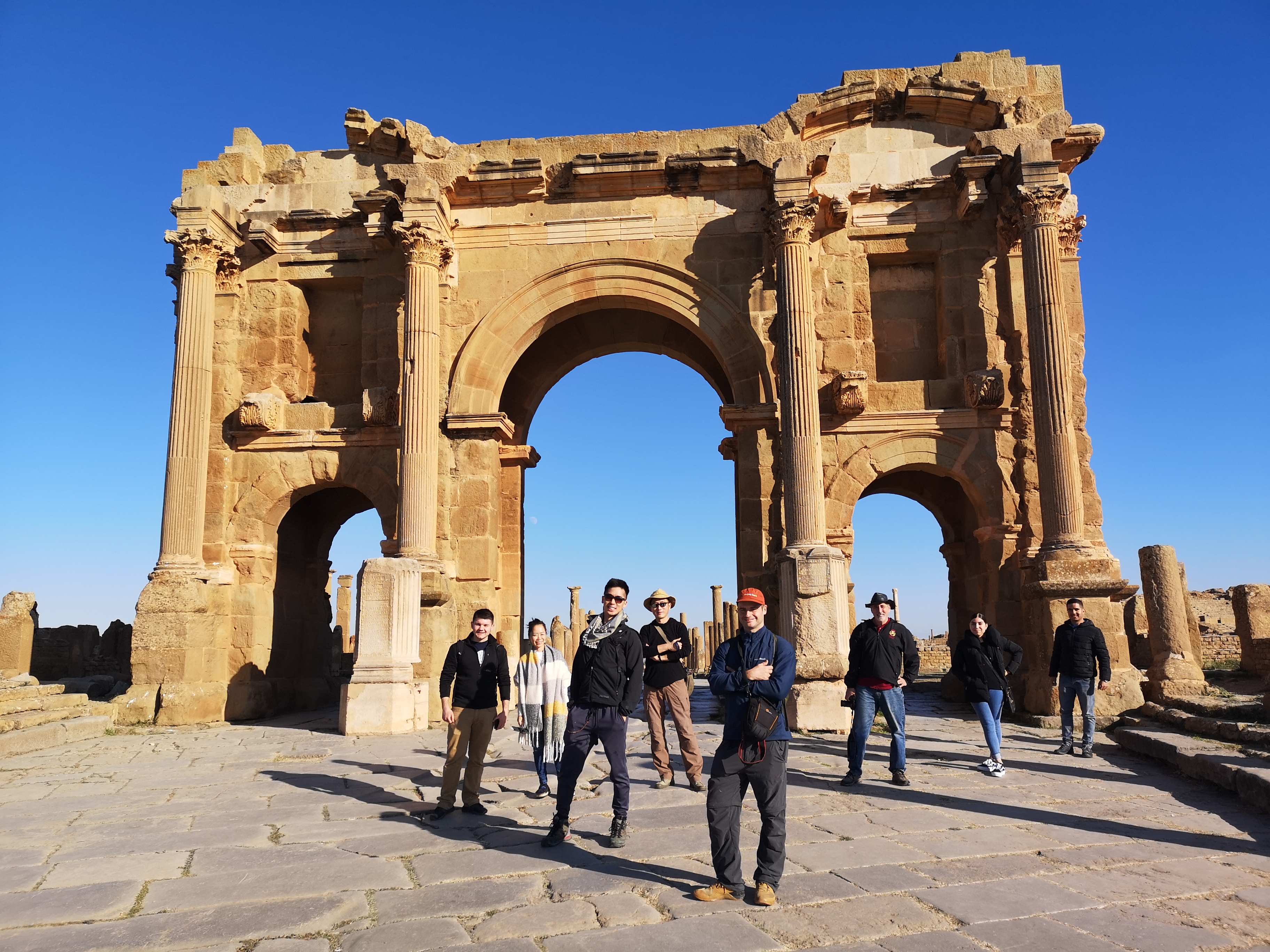
Algeria, Mauritania, Mali and Burkina Faso Combo Tour
26 Nights, 26 DaysStart Date: January 14th 2022
75th Anniversary Party Foundation Day & Mount Kumgang Tour With Mass Games
8 Nights, 8 DaysStart Date: October 8th 2020
All Koreas Part 1: North Korea Borderlands
7 Nights, 7 DaysStart Date: June 13th 2025